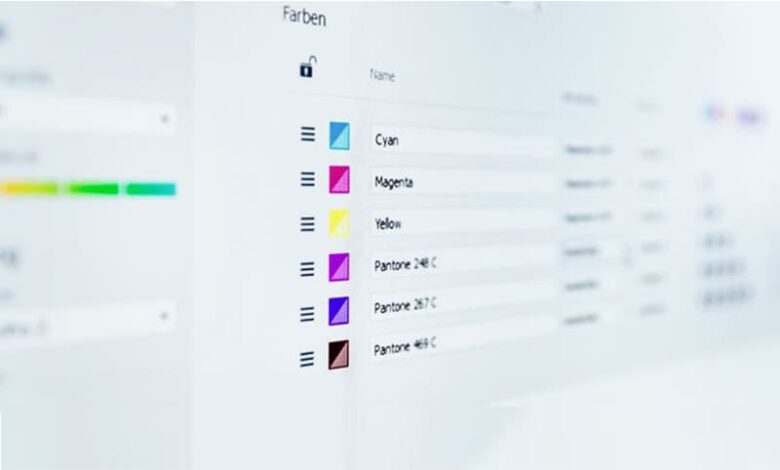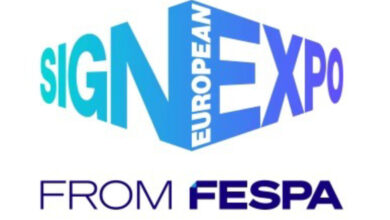
With GMG OpenColor 3.0 and GMG ColorProof 5.14, the color experts at GMG have launched two powerful updates that will redefine proofing in the packaging market once again.
First and foremost, the new GMG Spectral MX Color Engine provides spectacular performance gains: the proof profile calculation is up to 15 times faster, the profile quality is improved, and the profile size is up to 90% smaller. The higher-resolution MXN profiles lead to better color matching between proof and print, hence optimize print approvals in the packaging supply chain. In an industry where speed, volume, and efficiency are paramount, the advantages are obvious.
Stefan Zrenner, Head of Sales & Marketing at GMG, emphasizes the significance of the updates: “The quality of our proof profiles is crucial for efficient packaging production. The fact that we were able to increase the resolution even further and enhance the precision of these profiles is worth an update in itself. But the performance of the new MX Color Engine, which is up to 15 times faster, is simply sensational. GMG OpenColor and GMG ColorProof are an unbeatable combination.”
A new feature is the LAB-to-spectral conversion technology in GMG OpenColor. This allows LAB-based MX4 and ICC characterization data and profiles to be imported and enables users to switch their entire proof production – including existing, older data – to the far more precise spectral calculation model, resulting in a more accurate prediction of overprinting spot and process colors.
Because sharing reliable special ink reference values is particularly important in packaging production, users can now use the Spot Color CxF export function to exchange spectral reference color values from GMG OpenColor with other production tools and share them throughout the entire supply chain. In addition, GMG technology partners can access these special ink spectral values via the GMG OpenColor interface. Result: reliable process and quality control for brand colors.
Stefan Zrenner adds: “With this update, GMG OpenColor users benefit from a central platform where all data and profiles for process characterization and spot colors are stored. As a result, the same reference data source can be used for both proofing and color conversions.”




